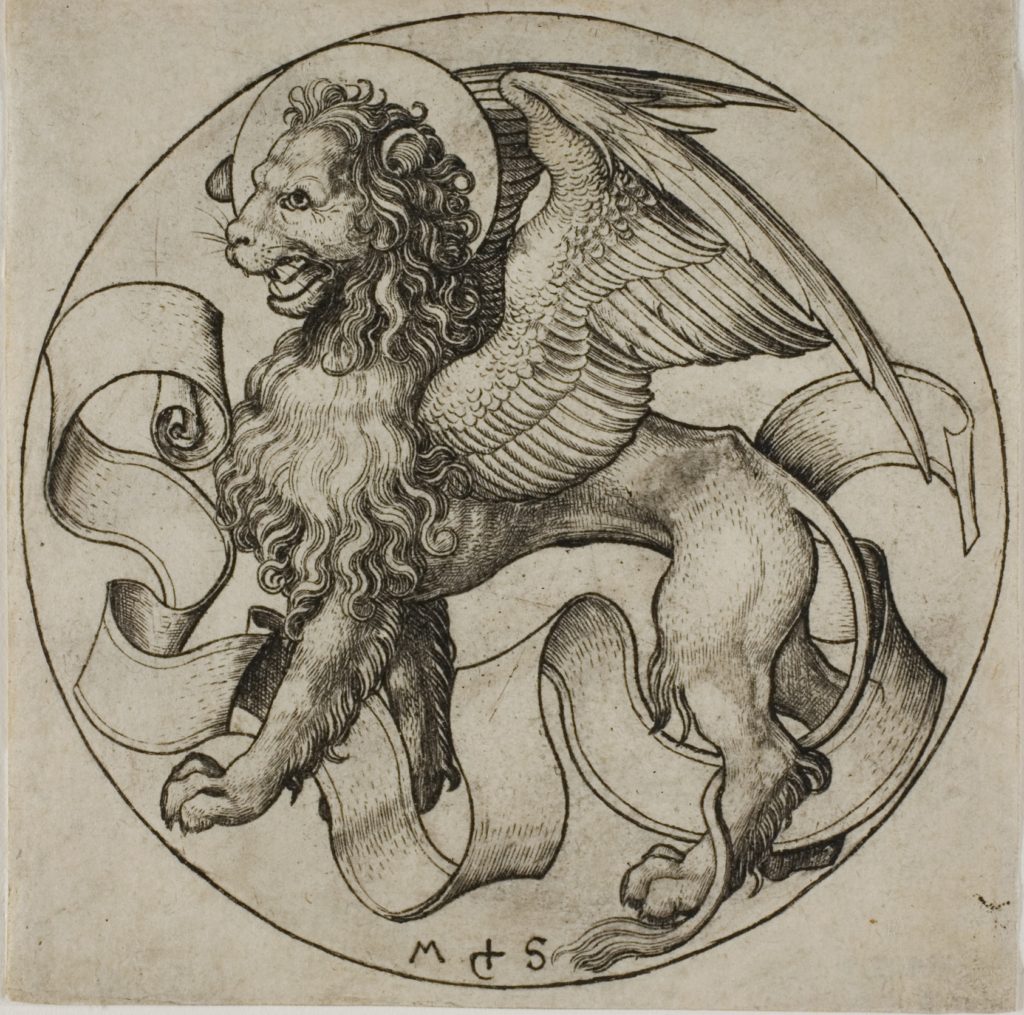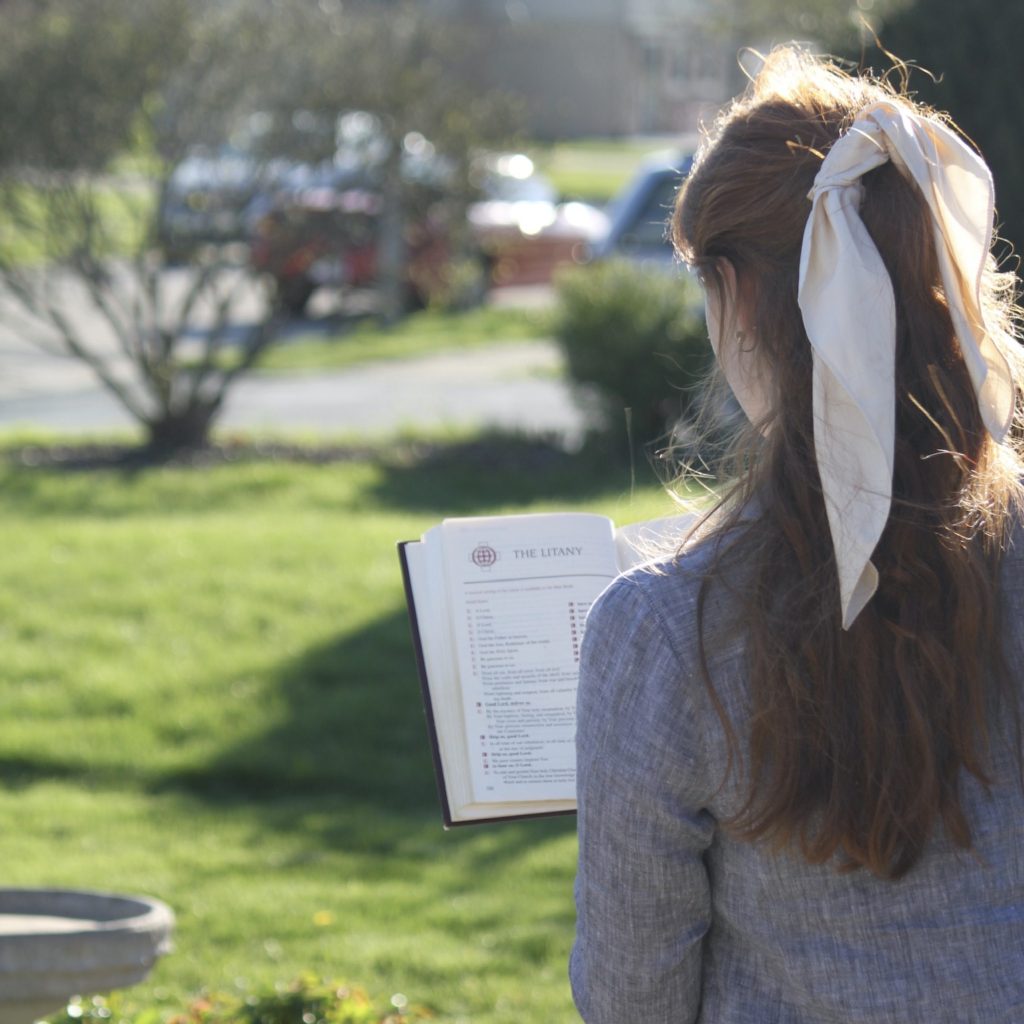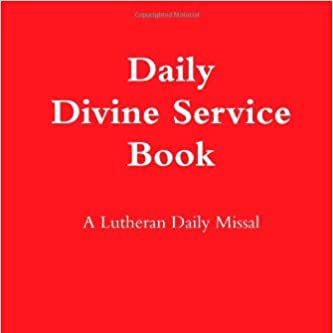A Lion in the Lord’s Service

On April 25th, the Church remembers Saint Mark the Evangelist. As his title “Evangelist” indicates, he was the author of the book that we know today as the Gospel according to St. Mark. But his story doesn’t begin there; the Scriptures tell us a bit more about him than just the name of the Gospel he wrote.
The first explicit mention of St. Mark in the Scriptures is in Acts 12, where St. Luke writes that he was also known as John. A native of Jerusalem, his mother’s house was a meeting place for the church in that city (v. 12). From there, Ss. Paul and Barnabas brought him with them to Antioch, one of the other centers of the Christian community (v. 25).
It wasn’t all smooth sailing from there, though. As St. Paul prepared to head out on his second missionary journey, Mark became a source of conflict between him and Barnabas—even our Lord’s saints can sometimes disagree! Eventually, Paul chose Silas to accompany him on his journey, and Barnabas sailed with Mark to Cyrus (Acts 15). Thankfully, Mark and Paul were later reconciled to one another, with Paul even calling him his “fellow worker” (Philemon 24).
According to tradition, Mark wrote his Gospel when he was working together with St. Peter in Rome. The traditional understanding is that Mark wrote down what he heard in Peter’s preaching; thus, the Gospel that we have today is St. Peter’s account of our Lord’s person and work through the pen of St. Mark. We also learn from tradition that St. Mark was the first bishop of Alexandria in Egypt and died as a martyr for the faith.
In her commemoration of St. Mark, the Church is blessed to learn from the example of a servant of the Church whose abilities and efforts our Lord used to spread his Word, both in Mark’s time and for millennia afterward. Moreover, in looking to the story of St. Mark, our faith is also strengthened by the reminder of another Christian who was willing to suffer a martyr’s death rather than deny his Lord. And in St. Luke’s depiction of St. Mark, we are reminded that though our Lord’s blood-bought saints may not always see eye to eye, the Holy Spirit can still work reconciliation where there was once conflict through the blood of our Lord Jesus.

A Brief History
St. Mark’s Day is not the first liturgical observance celebrated by the Church on April 25th. Rather, before St. Mark was commemorated on this day, April 25th was known as the Major Rogation, a day of special fasting and prayer. This observance was first instituted sometime around the year 470 and has been part of the practice of the Western Church ever since, with Lutheran scholar Paul H. D. Lange recommending that Lutherans continue to observe the day with appropriate prayers and ceremonies.
Thus, April 25th has historically been a day with a twofold emphasis: the sincere fasting and supplication of the Major Rogation and the joyful commemoration of our Lord’s servant, St. Mark. This tension gives Christians an opportunity to explore many aspects and moods of their faith within the same liturgical occasion.
Collect
O Almighty God, who hast enriched Thy church with the precious Gospel written by Thine Evangelist Saint Mark: give us grace that we may firmly believe Thy glad tidings of salvation, and daily walk as it becometh the Gospel of Christ; through the same Jesus Christ, Thy Son, our Lord, who liveth and reigneth with Thee and the Holy Ghost: ever one God, world without end. Amen.

Lessons
Old Testament
Gospel
Resources:

April 25th has historically been a day of twofold observance: one being St. Mark the Evangelist, and the other being the Major Rogation. You can learn more about the rogation walk here!
Issues, Etc. interview with the Rev. David Petersen on St. Mark’s Day

Propers found in Daily Divine Service Book: A Lutheran Daily Missal, edited by the Rev. Heath Curtis
References:
1. Gottesblog post by the Rev. Mark Braden
2. Parsch, Pius. The Church’s Year of Grace: Easter to Pentecost. The Liturgical Press. 1963.
3. Treasury of Daily Prayer. Concordia Publishing House. 2008.
4. Weiser, Francis X. Handbook of Christian Feasts and Customs: The Year of the Lord in Liturgy and Folklore. Harcourt, Brace & World, Inc. 1952.
Images:
1. Saint Mark from Latin Bible, Lucas Cranach the Younger, Germany, 1541.
2. Saint Mark, Valentin de Boulogne, France, ca. 1624–26.
3. The Lion of Saint Mark, Martin Schongauer, Germany, 1490.



[…] we mentioned in our informational post on St. Mark’s Day, April 25th has historically been a day of twofold observance: one being St. Mark the Evangelist, […]